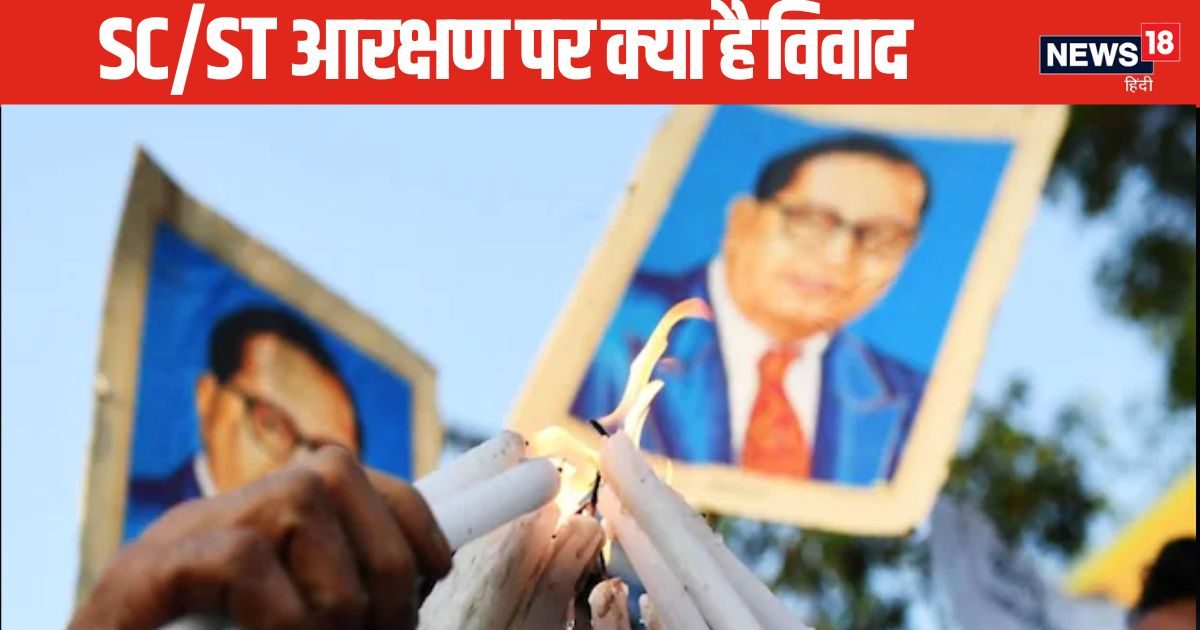Chennai: Iron Age could well have begun in today’s Tamil Nadu, at least 1,000 years before it was earlier estimated, recent dating of samples from burial urns at Sivagalai in Tuticorin district show.
The two charcoal samples found along with iron objects at the site have been dated to 3,345 BCE and 3,259 BCE, which makes the Iron Age here the oldest in the world. Earlier, people of the Hittite Empire (in today’s Turkiye) were believed to be the first to use iron, in 1,380 BCE. “We have scientifically established that iron was introduced 5,300 years ago in the Tamil landscape. The Iron Age began from Tamil land,” said chief minister M K Stalin, releasing the study ‘Antiquity of Iron: Recent Radiometric Dates from Tamil Nadu’ by K Rajan and R Sivananthan on Thursday.
Samples from urn burials in Sivagalai were sent to prominent research labs — Beta Analytics in the US, Physical Research Laboratory in Ahmedabad and Birbal Sahni Institute of Palaeosciences in Lucknow. “They all dated the objects to around the same period,” Stalin said. “Metallurgical analysis of iron objects from the excavated sites and future excavations in iron ore-bearing zones may further strengthen these findings,” he said. Scholars said these dates point to a contemporary Iron Age civilisation in south India when the Indus Valley Civilization was flourishing in north and north-west India.
Earlier, archaeological samples from Mayiladumparai in Krishnagiri district were dated to 2,172 BCE, and considered some of the earliest iron objects in Tamil Nadu. The samples were dated using accelerometer mass spectrometry radiocarbon (AMS14C) process for charcoal and optically stimulated luminescence (OLS) dating for ceramics. The Sivagalai site yielded 11 dates, with six dates earlier than 2,400 BCE. More than 85 iron objects including knives, arrowheads, rings, chisels, axes and swords were collected at various levels from inside and outside urns.The charcoal sample collected in association with an iron object at Adichanallur in Tuticorin district yielded a date of 2,517 BCE. Brahmagiri in Karnataka got an Iron Age dating of 2,140 BCE, and Gachibowli near Hyderabad yielded a 2,200 BCE dating.
“For the first time in the world, smelted iron dated back to the middle of the third millennium BCE. It is not just a significant discovery in the Indian context, but also in the context of archaeology of the world,” said professor Dilip Kumar Chakrabarti, emeritus professor, South Asian Archaeology, Cambridge University. “About 60 years ago, the antiquity of iron in India did not go beyond 6th century BCE. From then to 25th century BCE is a big jump,” he said.
Former director general of Archaeological Survey of India Rakesh Tewari called these scientific dates from Sivagalai “a turning point in Indian archaeology”. State ministers Duraimurugan, E V Velu, Thangam Thennarasu, chief secretary N Muruganandam, commissioner of archaeology T Udhayachandran and others participated in the event.




